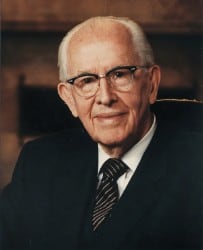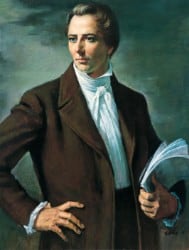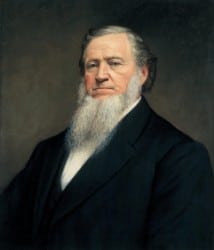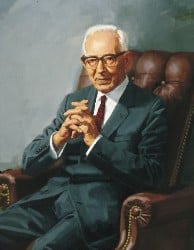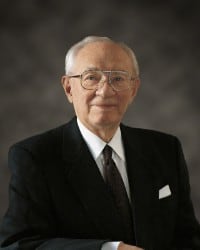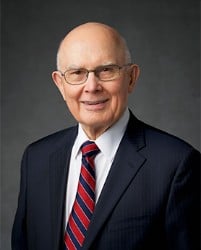
The assurance that the resurrection will include an opportunity to be with our family members – husband, wife, parents, brothers and sisters, children, and grandchildren – is a powerful encouragement for us to fulfill our family responsibilities in mortality. It helps us live together in love in this life in anticipation of joyful reunions and associations in the next. – and, finally – The assurance of immortality also helps us bear the mortal separations involved in the death of our loved ones. Every one of us has wept at a death, grieved through a funeral, or stood in pain at a graveside. I am surely one who has. We should all praise God for the assured resurrection that makes our mortal separations temporary and gives us the hope and strength to carry on.
| “Resurrection,” General Conference, April 1, 2000
